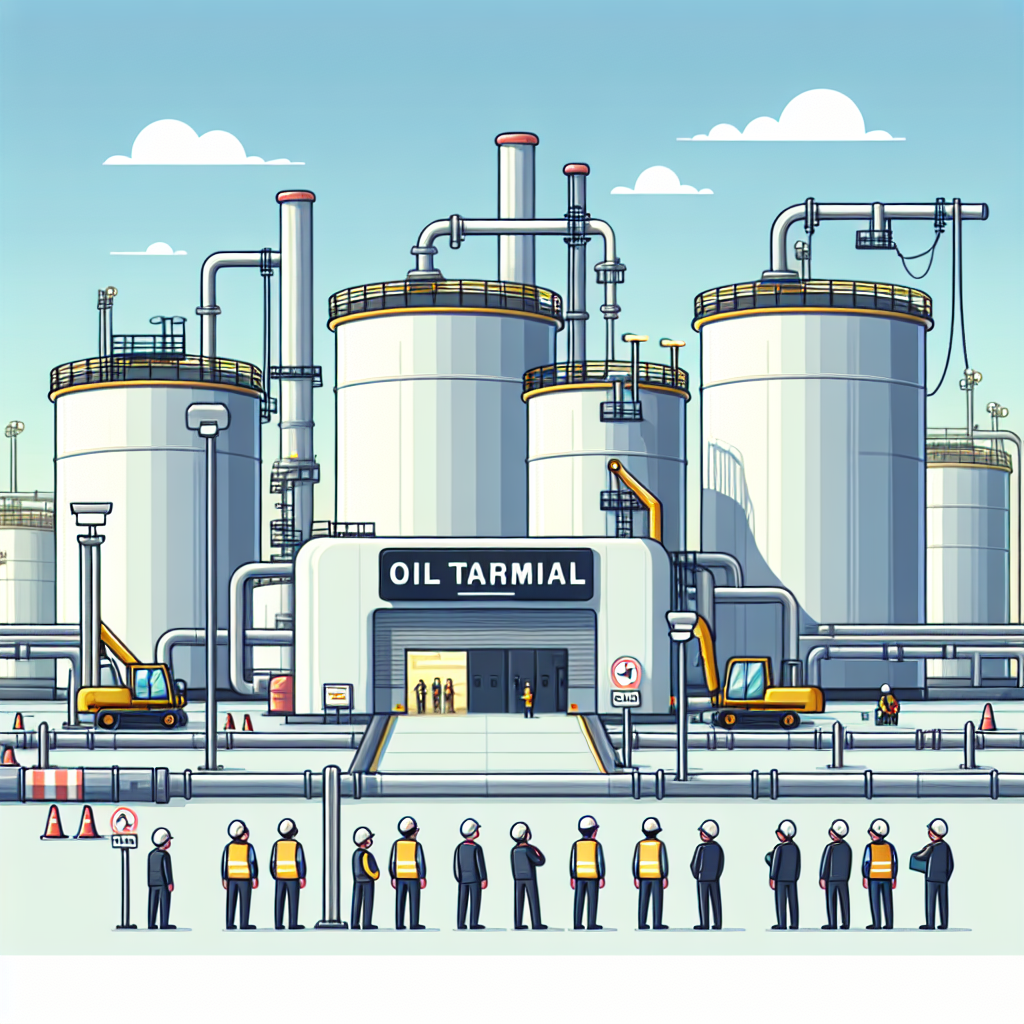Oil Prices Defy OPEC+ Output Increase Amid Tariff Concerns
Oil prices rose despite OPEC+ increasing output more than expected for August. The market's resilience was supported by a tight physical market. Analysts predict further output hikes and express confidence in demand. Meanwhile, U.S. tariff concerns loom, potentially affecting global economic activity and oil demand.

Oil prices managed to rise on Monday, ignoring the anticipated impacts of both OPEC+ elevating output beyond expectations for August and the looming concerns over U.S. tariffs. A tight physical market underpinned this unexpected surge in prices, recovering from morning lows.
The Organization of the Petroleum Exporting Countries and its allies, collectively known as OPEC+, had decided to increase production by 548,000 barrels per day for August, although the real increment has been smaller than projected. A significant portion of this supply increase has been attributed to Saudi Arabia's lead.
Further exacerbating worries, U.S. tariff rates continue to be a shadow on economic growth and oil demand predictions. Despite some delays, investors remain cautious about the potential economic slowdown. Experts suggest that these tariffs could shape the global oil demand landscape in the latter half of the year.
(With inputs from agencies.)










